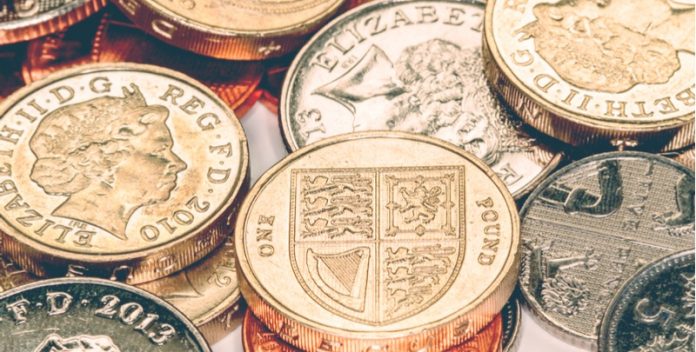- Australian job advertisements increased at a slower pace of 16.7% in July as lockdown measures in Melbourne drag on the labour market recovery
- US – Sino tensions also drag on the risk sensitive Australian Dollar (AUD)
- Pound (GBP) remains supported by last week’s upbeat BoE report
- UK labour market and GDP in focus this week
The Pound Australian Dollar exchange rate (GBP/AUD) is extending gains for a second straight day. The pair settled +0.35% on Friday at 1.8235. Despite the rally on Friday, the pair lost -0.45% across the week.
At 08:15 UTC, GBP/AUD trades +0.1% at 1.8255. This is at the top end of the daily traded range.
The Australian Dollar is under pressure at the start of the new week after Australia’s ANZ job advertisements in July climbed 16.7% to an average of 104,916. This is a marked slow down from June’s 42% surge. Ads in July were still down 34% on July last year with the pace of gains slowing particularly in the second part of the month.
A second wave of coronavirus infections and the re-imposed lockdown measures in Melbourne have weighed on the recovery in the labour market.
The data comes as economist forecast that unemployment could reach 10% in the coming months, owing to the lockdown measures imposed to restrict the spread of coronavirus.
Also dragging on demand for the risk sensitive Australian Dollar are rising tensions between the US and China. Last week, Trump orders the ban of Chinese apps TikTok and WeChat. He also sanctioned Hong Kong’s Carrie Lam. Meanwhile China arrested pro-democratic Jimmy Lai in Hong Kong over the weekend. Tit for tat moves will be eyed closely as Trump draws an increasingly tougher line on China ahead of the US elections.
The Pound continues to digest the Bank of England’s report, which was more optimistic than expected. The central bank upwardly revised the GDP outlook for this year surprising market participants.
Despite a quiet start today, the UK economic calendar sees some important data releases across the week. Tomorrow the UK jobs market will be under the spot-light and on Wednesday UK GDP for the second quarter will be in focus. This will confirm just how deep the coronavirus recession was.





